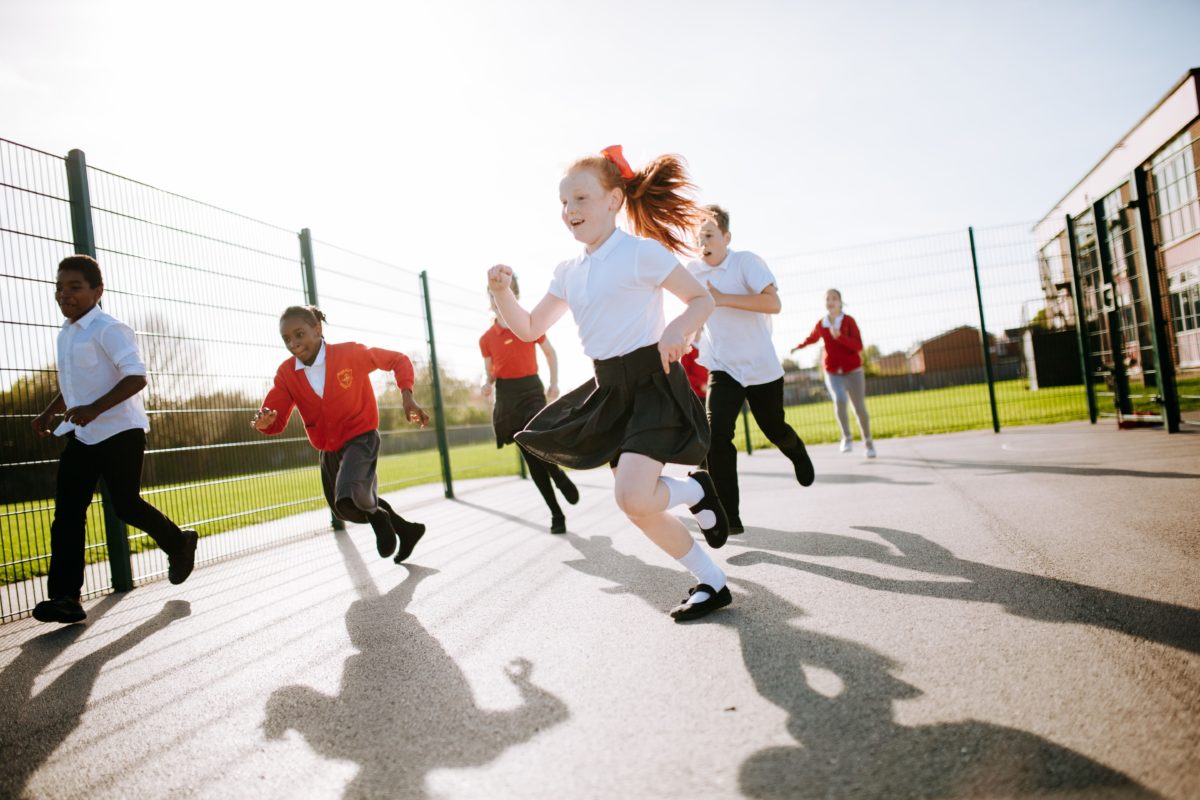New childhood obesity figures have been released for Hull.
The city saw a small rise in the number of reception-age children aged four to five who were overweight or obese, but the figure for year 6 children aged ten to 11 fell.
The National Childhood Measurement Programme (NCMP) measures and weighs every child in the country at reception and year 6. Nationally, there was also a small increase in the number of reception age children with excess weight and across the country, obesity prevalence in the most deprived areas was more than double that in the least deprived.
In Hull, 29.2 per cent of reception children were either overweight or obese – the second-highest prevalence in England. That figure was 28.6 per cent in 2018.
In year 6, 36 per cent of children were either overweight or obese, putting the city 64th worst in the country. The figure was 37.9 per cent in 2018.
Julia Weldon, director of Public Health at Hull City Council, said: “Unfortunately, the continued increase in childhood obesity is part of a national trend. As in previous years, our local figures are above the national average for England, which is a concern. However, there is better news in the decrease of children overweight or obese at year 6.
“We are a city which experiences high levels of deprivation and health inequality and national data shows that this correlates directly with higher obesity levels.
“In Hull, we are committed to understanding and tackling the underlying issues which lead to children and adults becoming overweight or obese. We take a whole systems approach to obesity in Hull – meaning we look at every aspect , and it is a key priority for us.”
“This year, we launched a series of Childhood Obesity Conversations, bringing together organisations and individuals from health, education and charity sectors across the city to discuss how we can support people to be healthier in every aspect of life, from planning and legislation to school meals, family education and opportunities to be active.
“We have a long way to go, but we will continue to work hard and do all we can to help people live well and overcome barriers to good health. The work we do is not about blaming or shaming either parents or children, simply about providing every possible opportunity to be healthy and addressing inequalities where we can.”
